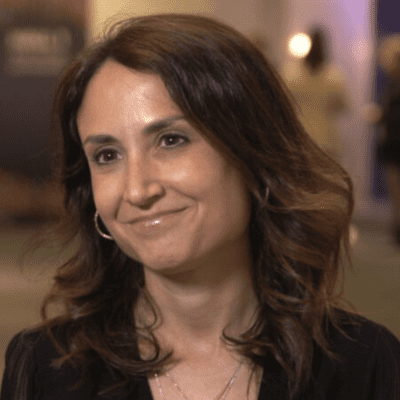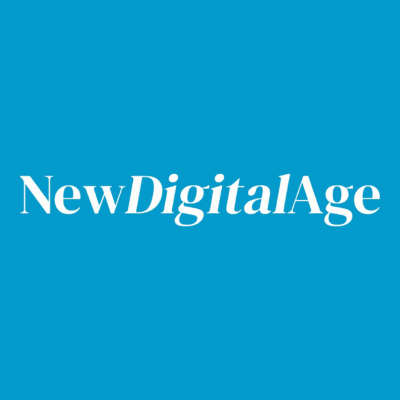Twenty years after the concept of the challenger brand was coined by Adam Morgan, author of Eating the Big Fish, there is a new wave of challenger brands that has been changing the way categories around us think and behave.
These brands do not fit the former definition of a challenger brand. No longer do these disruptors challenge someone or some leading brand, but they now challenge something – something they feel needs to change or evolve in society, and in the world. There are examples of these new challenger brands, e.g. Uber, UberEats, Airbnb, among others that, when they appeared, changed the paradigm in the market in which they operate.
These new challenger brands are funded by a new type of investor, taking advantage of emerging structural changes and new ways to build relationships with consumers. The new challengers often question a consumer’s historical relationship with a product or service, or challenge the ethics of a category, its lack of inclusion and prejudice, or show that the best technology doesn’t have to be expensive. A challenger brand is not limited to what is new and/or small, because brands of all sizes, whatever their category, competition, heritage, identity or positioning, can be challenger brands.
There are common characteristics that we have identified when analysing challenger brands, some of which are:
- Technology should feel beneath the surface and not just be an experience on its own; these brands tend to use technology in a very human way;
- There is no public to target but instead, a mentality, as we are different people at different times, so segmentation is about the ‘when’ and the ‘where’, not the ‘who’;
- Use traditional and digital media because the construction credibility is crucial. These brands need a return disproportionate to the limited resources they have. They need to be remembered and they do this by breaking the commonly accepted rules of the category. They are ‘small, but scaled’ rather than ‘small scale’.
All of these topics are covered in the book, Overthrow II – 10 strategies from the new wave of challengers, launched by PHD in partnership with Adam Morgan and eatbigfish. The book explores the role that today’s major themes – technology, data, culture and creativity – play in this new wave of challenger brands.
Sandra Alvarez is Managing Director of PHD Portugal.



